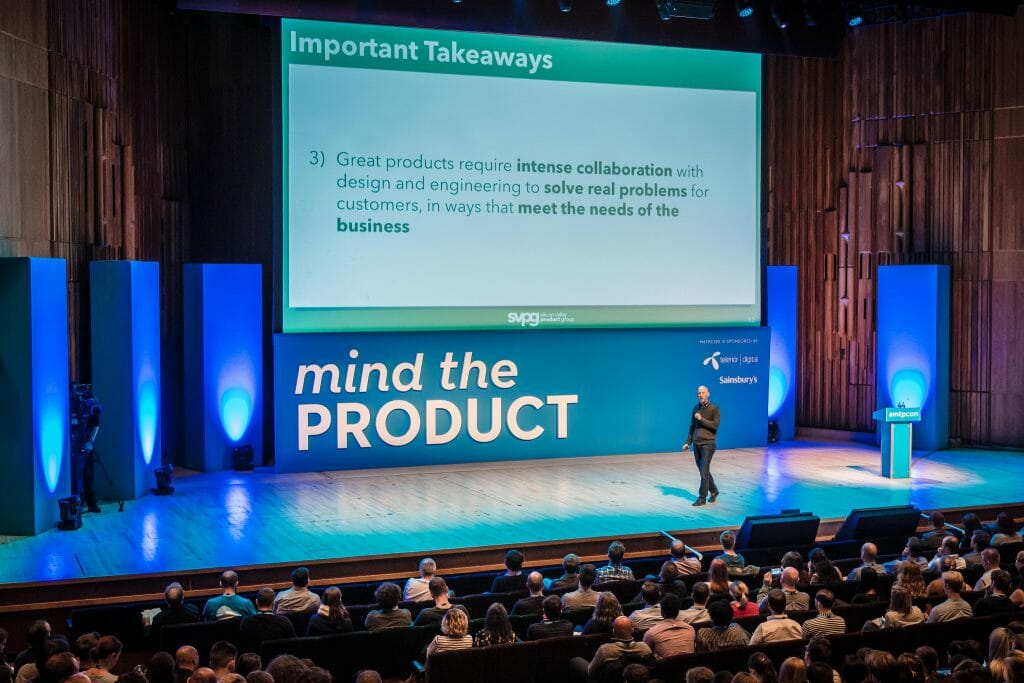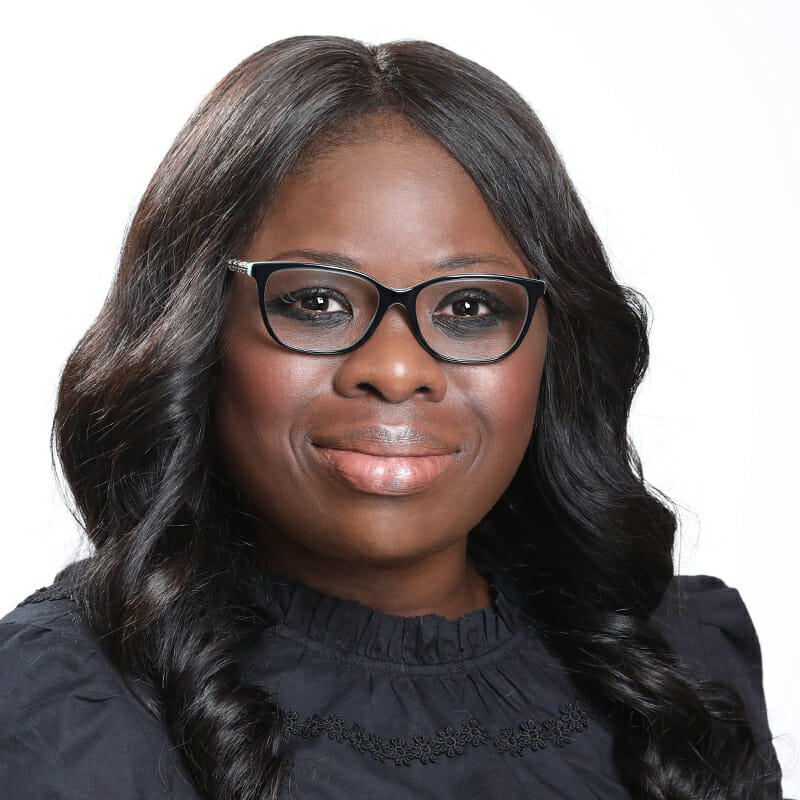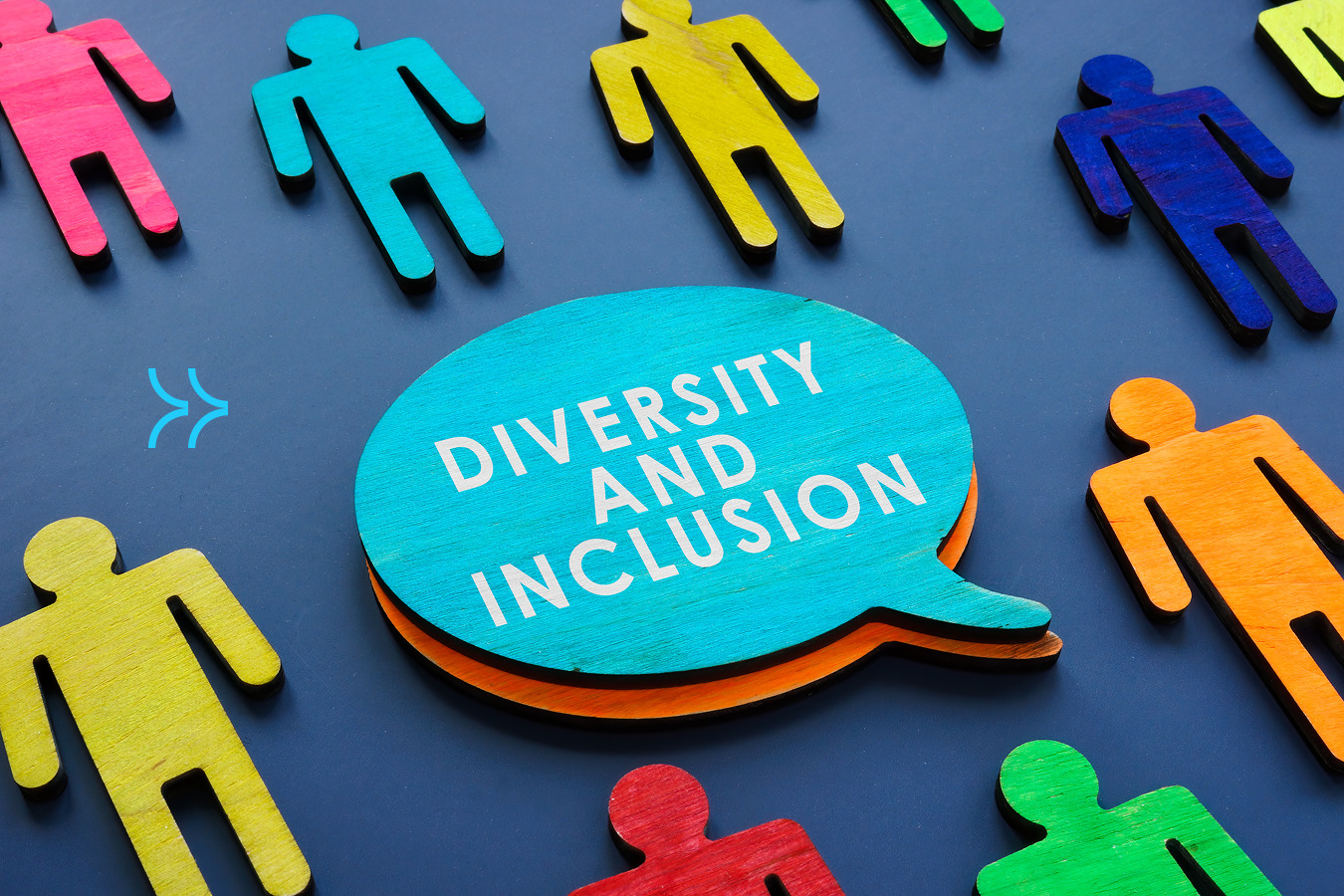Any woman of working age will tell you that at some time - maybe many times - they have been poorly and unfairly treated by their male colleagues. And in tech in particular, gender equity has long been a problem.
In Silicon Valley and elsewhere, tech businesses have been notoriously slow to address their diversity and inclusion issues. Despite the fact that we all know that diversity of thought leads to better products and outcomes, as this MIT Technology Review report, Why can’t tech fix its gender problem? lays out, tech is still predominantly a white man’s world, with much of the burden for changing the system placed on women themselves.
The recent Web Summit annual survey, Women in tech, shows that while some progress has been made, there’s still a long way to go. It finds that unconscious gender bias, balancing the demands of family and career and fair compensation are the most pressing issues for women working in tech at the moment - issues that will be wearily familiar to any woman working in tech. Web Summit found that nearly 56% of respondents believe the tech industry isn’t doing enough to combat gender inequality, and that only 11% of women felt that they are always treated the same as their male counterparts. Some of the comments that accompany the report are enlightening, with respondents saying that they are ignored, underpaid in comparison with their male counterparts, and that the industry fosters toxic male culture, celebrating egotistical male leaders and admiring female leaders who ape this behaviour.
Another report, Time to close the gender gap, from PwC, finds that women aren’t considering technology careers because they aren’t given enough information on what working in the sector involves and because it’s not suggested to them as an option. It also finds the lack of female role models is reinforcing the perception that a technology career isn’t for them. Only 22% of students can name a famous female working in technology, whereas two thirds can name a famous man working in technology. And over a quarter of female students say they’re put off a career in technology because it’s too male dominated.
Female founders also find it harder to access the venture capital networks that are critical for success. Harvard Kennedy School, Harvard University’s school of public policy and government, has found that a significant gender gap remains among both investment decision-makers at venture capital firms and recipients of venture capital funding. In the US, women make up only about 11% of investing partners at VC firms, and only around 13% of VCl dollars go to startups with a woman on the founding team. Harvard Kennedy’s report finds that the 30-year average of all-female founders’ share of VC funding is 2.4% – almost identical to the share in 2018 (2.3%), and nearly three-quarters of US C firms do not have a single female investing partner.
This all sounds very negative, but progress is being made. Today more tech companies report their diversity data publicly and implement diversity, equity, and inclusion (DEI) initiatives. Companies like Google, Facebook, and Microsoft now regularly release diversity reports. These reports are often accompanied by initiatives to improve recruitment, retention, and development of women and minority employees, like Google’s Women Techmakers programme for example. Needless to say there are still enormous societal and widespread cultural changes needed before gender equality and equity in business is achieved, changes that will still take many years to take effect.
But what about Product? Does it fare any better or worse than other sectors in technology? Many of you will have seen some version of a talk Marty Cagan used to give on what makes a great product manager in which he looks at the people behind some great products (this is the talk he gave at #mtp London in 2016). They’re all women. He also wrote an article about why women make the best product managers - saying they have balanced egos, emotional intelligence, stamina and humility. But while there are many high-profile successful female product managers, product management isn’t immune from the gender imbalance that plagues other areas of tech companies. According to ProductPlan’s report, Why gender diversity leads to better products, men outnumber women in product management by two to one, hold more senior roles and earn more.

Chris Mason, CEO of recruiters Intelligent People, which specialises in placing product people, feels Product is more balanced in terms of gender than other areas of tech, perhaps because of the many different ways that people come to a product management career. He says he’s detected a change at hiring companies in the last few years. He says he increasingly has conversations with hiring executives who tell him their bonuses are linked to the diversity of their team. “From the top down, within some organisations, it is increasingly recognised,” he says. “We have organisations that tell us they’ve got an imbalance and they want to see women on the shortlist.“ But he acknowledges that there are pockets of private organisations that are a bit more rogue - private organisations, which may be founder-led, or more traditional organisations with an older generation of founders who perhaps are still living in the past.
We also spoke to some female product leads to understand their experiences and views on the gender balance in Product. They all spoke about how it is to be the only woman in the room, about bias and casual sexism, being passed over for promotion in favour of men, and being paid less than their male counterparts.
Ronke Majekodumni, a product manager at Apple, comments that “it starts at the top. I find that organisations where the leaders care about equality, inclusion, diversity, it trickles down. Then people like me can work there”. She gives an example of a small organisation she worked at where the engineering lead was condescending and belittled her. She felt she couldn’t do anything about it for fear of being branded an ‘angry black woman’.

Product coach and fractional product leader Caroline Clark says she has often found that she’s the only woman in the room. She says: “For me, it was really important to find my voice and get over that fear of speaking up. There are still moments when I get intimidated, and that's usually when I'm unsure of the facts. So I also look at the dynamics of an interaction and figure out I'm not the only one in that room who doesn’t understand something.” She cites a time when she and a male colleague had both moved to a new company and she discovered that her colleague was being paid substantially more than she was. “Why would you have paid us differently?,” she asks. “I feel the prevailing attitude is that women should still feel grateful that they've got a job in the workplace.” She’s been in conversations about hiring people and found that the attitude towards male candidates was that “we want to make sure that we get this person, so we'll offer them top”. If the candidate was a woman, people would say “let's start off at the low end of the salary scale and see if she accepts it”. As Caroline says: “Why not pay her what she’s worth?”
She also questions whether there’s a bias because women are usually the primary caregiver, and often have more responsibilities outside work than their male counterparts. “Maybe it subconsciously affects how people view their commitment to a job, and think that they're not going to be as ambitious or put as much in.”
It’s a bias that will be slow to change. It’s not for nothing that Amazon’s mandated return to work five days in the office from January 2025 has drawn so much criticism. As Caroline says: “I don’t know that attitudes have changed that much. Amazon’s move isn’t not going to penalise the male colleagues.”

Becky Yelland is a product consultant who founded The Female Product Lead, a community to support, empower and set women working in product management up for success. She remembers a time when she worked for a fintech and a male colleague was promoted ahead of her. “I had to then report to him. He had no experience in finance, and limited experience in product leadership, but he had worked with the CEO before.” She called it out but was shut down. She says: “I had the words of Alan Titchmarsh in my head - if you've got bindweed in your garden, the only solution is move. So I left.”
Company culture varies enormously, everyone’s circumstances and experiences are different, and you may not feel you have the confidence or agency to address the issues you encounter directly. Here are a few pointers on the best course of action.
There are many more networking groups and mentorship programmes than there used to be. For example, Intelligent People runs a mentorship programme, Partner Up, or there’s the Mentoring Club, both of which are free. This article The dos and don’ts of mentoring in product looks at how you can get the most out of a mentor/mentee relationship.
Then there are lots of communities - groups like Girls Who Code, Women Who Code, and AnitaB.org (which runs the Grace Hopper Celebration, the largest gathering of women in tech) have grown significantly in the last few years. Then there’s Women in Product, which is now in its eighth year and has over 30,000 members. If you’re a female entrepreneur or founder then there’s been an increase in female-focused venture capital funds, such as All Raise and Female Founders Fund, aimed at addressing the underfunding of women entrepreneurs.
Caroline Clark always encourages women to have networks both inside and outside work. She says: “I've worked in a big company where there were 10 or 12 product managers, so communities like ProductTank or Women in Product are super useful and provide a very relaxed, psychologically safe environment.”
Hard to judge, but there appears to be a gradual shift towards more inclusive workplace policies. More companies are offering flexible work options, parental leave, and return-to-work programs for women who have taken career breaks. Remote work, which became normalised during the pandemic, has further supported a better work-life balance, benefiting many women in Product who juggle career and caregiving responsibilities. We’ll have to see whether Amazon’s return to office policy is picked up more widely. We can only hope that for every decision like this one from Amazon there are more decisions like those from Deloitte, which recently equalised paid parenting leave or Spotify, which offers all parents, regardless of gender or sexual orientation, six months of fully paid time off.
Ronke Majekodumni thinks that action about diversity, equity and inclusion has to come from the top of an organisation and trickle down. She says: “If the leaders care, then people like me can work there.”
Becky Yelland says she’s spent so many years in meetings being the only woman in the room that she sometimes no longer notices this. What she does always though, is make sure she finds allies and supporters. “I was once really lucky to have a VP of engineering who was really empathetic, a father of two girls,” she says. He would always have her back, and would be happy to call out another man who was taking credit for work she’d done or a point she’d made.
Typically women are paid less than men. Chris Mason says that as a recruiter he’s asked to provide data on a candidate’s current package and the package they’re looking for. As this perpetuates historical gender-based wage discrimination, Chris urges women to not feel pressured to disclose their current salary package. He says: “If a woman says ‘I'm underpaid, and I don't want to tell you my current package. I just want to be paid fairly,’ we never push them.” And if you’re in a job surrounded by male peers who earn more then Chris recommends getting advice from mentors and female product leaders on how this can be navigated and rectified.
Becky says that she’s always been passionate and opinionated about what she does and this is often seen as aggressive. She counteracts this with open body language and a smile. She says: “When I'm in a meeting with all men, and I say something challenging, I say it with a smile on my face, and I use my ‘mum voice’. Honestly, it makes all the difference for me.”
As a coach, Caroline Clark encounters women with imposter syndrome and a lot of self doubt. Her advice for women is to “believe in yourself - adopt the unwavering confidence of a Mediocre White Man. There will be so many people saying you can’t - ignore them”. She points out that lack of confidence can come from social conditioning, and that confidence starts with an understanding that as a female product person, you deserve to be in the role you’re in. “You've got to recognise that and believe in yourself. When you have that belief, you move forward. Don’t wait for confidence to come to you before you do something. Confidence is an output of doing something.”
How a diversity scorecard helps Salesforce keep equality top of mind for its leaders





